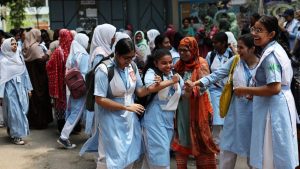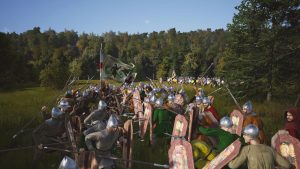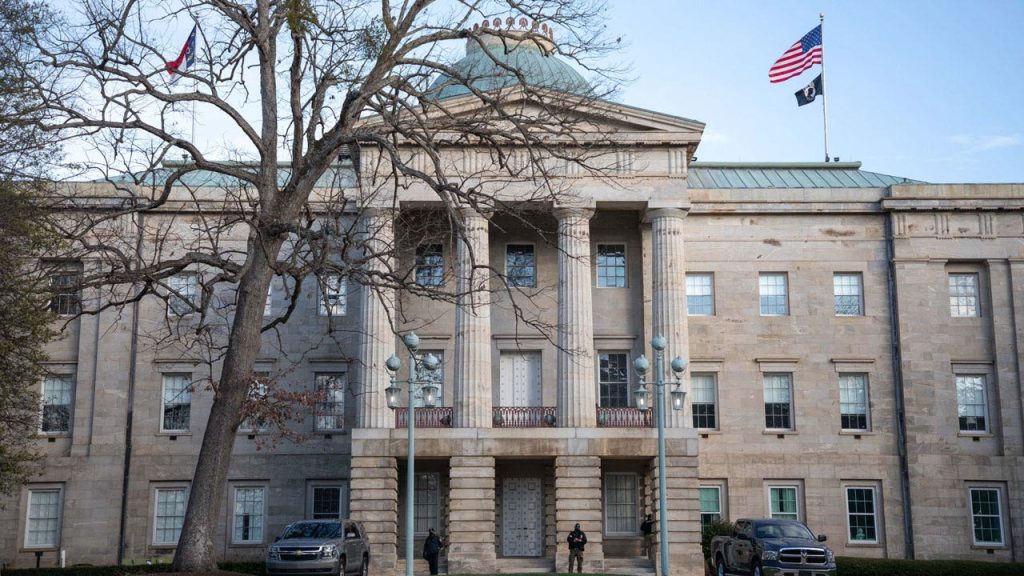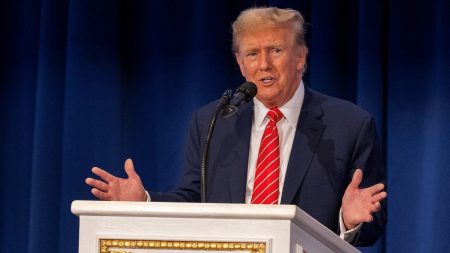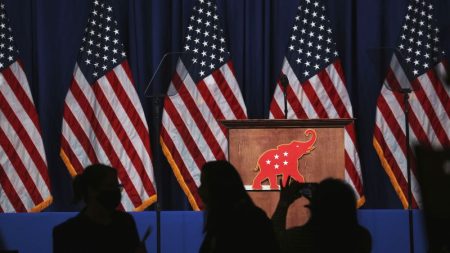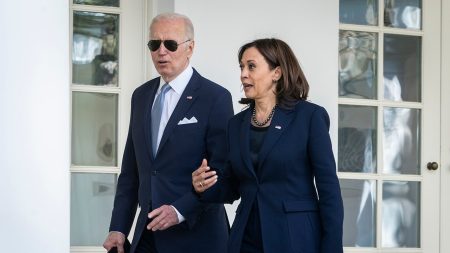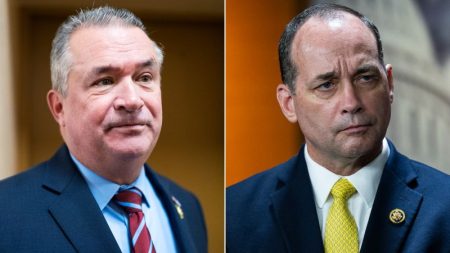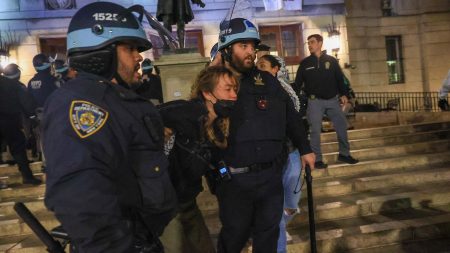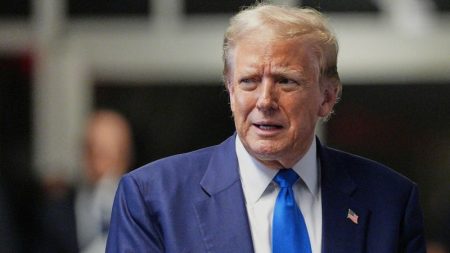Early in-person voting has commenced in North Carolina for next month’s runoff elections, including one congressional and two statewide primary contests. These runoffs are necessary because the candidates in the initial primaries failed to receive more than 30% of the vote. The lieutenant governor’s GOP runoff is between Hal Weatherman and Jim O’Neill, while the nomination for state auditor is between Jack Clark and Dave Boliek. Kelly Daughtry and Brad Knott are seeking the 13th District nomination, with winners facing Democratic rivals in the fall. These primary runoffs are open to all registered Republicans in the state, as well as unaffiliated voters who didn’t participate in the March primaries or voted Republican.
Early voting in all 100 North Carolina counties will continue through May 11th, with most counties having only one early-vote site for the runoffs. In addition to the congressional and statewide primary runoffs, there is also a GOP primary runoff for a Gaston County commissioner’s seat and a nonpartisan race for a seat on the Orange County Board of Education with different runoff rules. Same-day registration is not available during early voting, as the registration of new voters is not permitted between the first and second primaries. However, individuals becoming eligible to vote during the two primaries can both register and vote on May 14th, according to the State Board of Elections.
Traditional mail-in absentee voting for the runoffs began in late March when county boards started sending ballots to those who requested them. The winners of these runoffs will face Democratic rivals — and in some cases Libertarian Party candidates — in the fall general election. The lieutenant governor’s runoff is between Hal Weatherman and Jim O’Neill, the state auditor’s nomination is between Jack Clark and Dave Boliek, and Kelly Daughtry and Brad Knott are seeking the 13th District nomination. Unaffiliated voters who either didn’t vote or voted Republican in the March primaries can also participate in these GOP primary runoffs.
Overall, early voting provides an opportunity for registered Republicans to make their voices heard in selecting their party’s nominees for lieutenant governor, state auditor, and the 13th Congressional District seat ahead of the fall general election. This election cycle includes second primaries, also known as runoffs, for these races due to no candidate receiving more than 30% of the vote in the initial primaries. Early voting locations are open in all 100 counties in North Carolina through May 11th, with the winners of these runoffs advancing to face Democratic rivals in the fall general election. Unaffiliated voters who did not participate in or voted Republican in the March primaries are also eligible to participate in these GOP primary runoffs.

